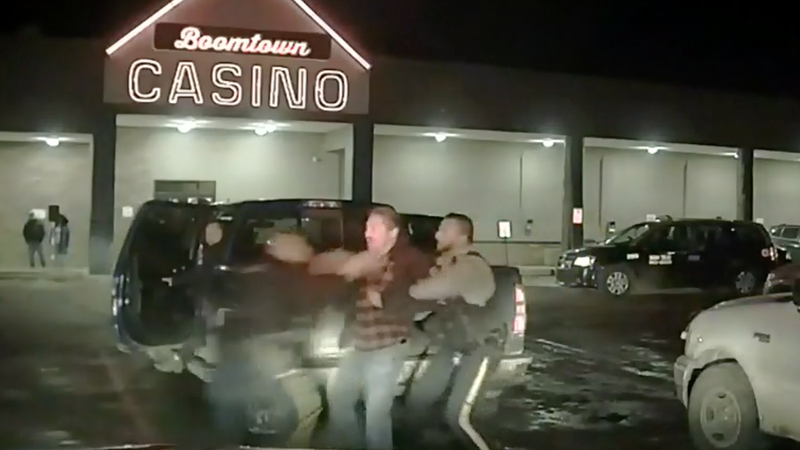
ROTHENBURGER: Defunding police wouldn’t cure what ails them
BEING A COP these days must be a demoralizing job.
You train to protect people, and each day on the job you try to do that. It’s dangerous work. These days, though, you’re accused of hurting people instead, of being racist. People talk about “defunding” police.
One afternoon this week, the Kamloops detachment issued a detailed news release about a drug-trade takedown that yielded a yard-long list of weapons and an equally long list of charges against a suspect. Good old-fashioned police work — serving and protecting the public.
That evening, all the TV networks ran a dashcam video of Chief Allan Adam being tackled and punched during an arrest by RCMP officers outside a Fort McMurray casino.


